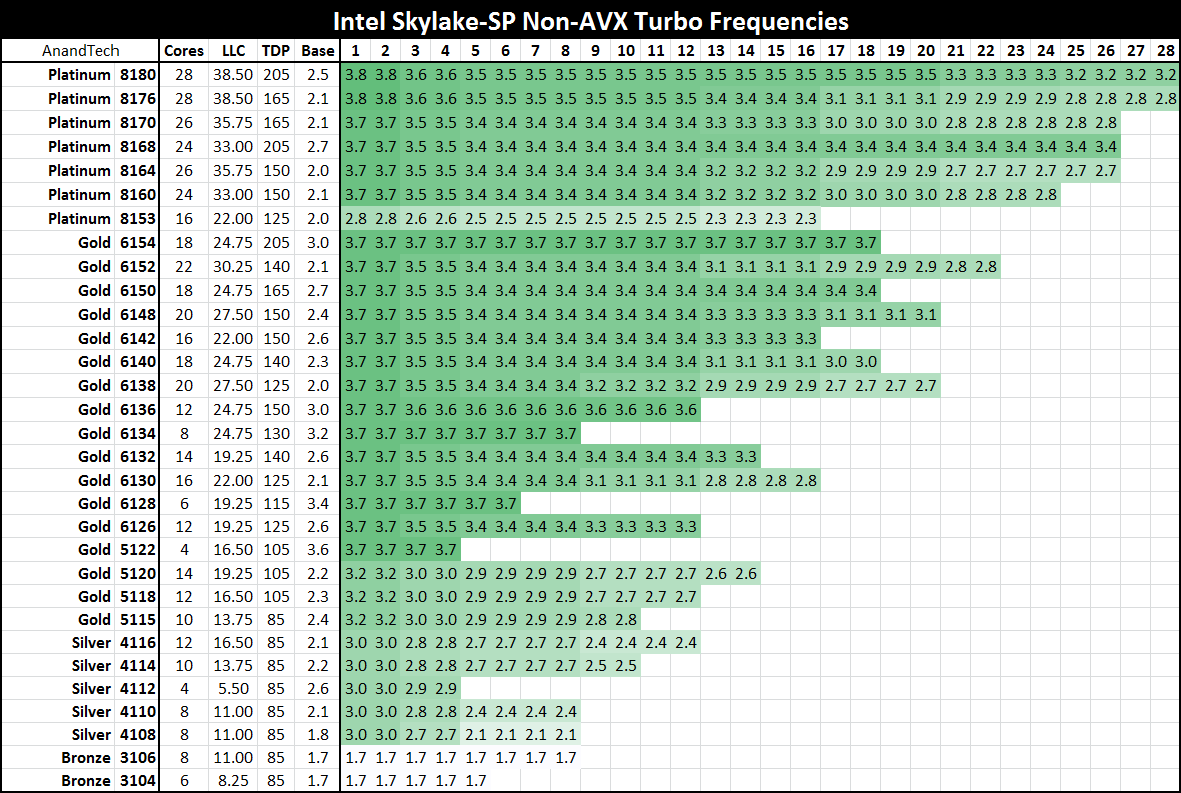Anarchist Mae
Member
Clearly if you compile 3 times a day for 10 seconds each time, then saving yourself 4 seconds is not a case in which you need these chips. You would be much better off with a cheap chip and few cores.
I was speaking of situations in which you actually need this power. Think simulations that take hours/days/weeks to run with the CPU at 100% usage all the time. This is where you really need HEDT. And it is a very common use case (aerospace simulations, fuel efficiency of cars, structural support of high-rises, nuclear reaction simulations, defense calculations, biological structure simulations, chemical production calculations, design of CPU coolers, etc).
This is a more extreme example, but there are uses where people took the time to benchmark 18,432 cores running a single calculation for a wheel design:
http://www.ansys.com/Solutions/Solu...se-17/external-flow-over-a-formula-1-race-car
Think of the cost saving of needing 15% fewer computers in that simulation. Also due to Amdahl's law, they wouldn't have dropped from 80% efficient to 68% efficient and thus probably need closer to 26% fewer computers if only they had chips that were 15% faster.
Interesting, thanks. So the HEDT chips would be better than server chips for this kind of work, unless you need a specific feature of those server chips? Because the server chips wouldn't clock as high, so you'd need more for the same work.
I wonder where that leaves things like AMDs Project 47 which has lots of GPUs to go with those CPUs.



